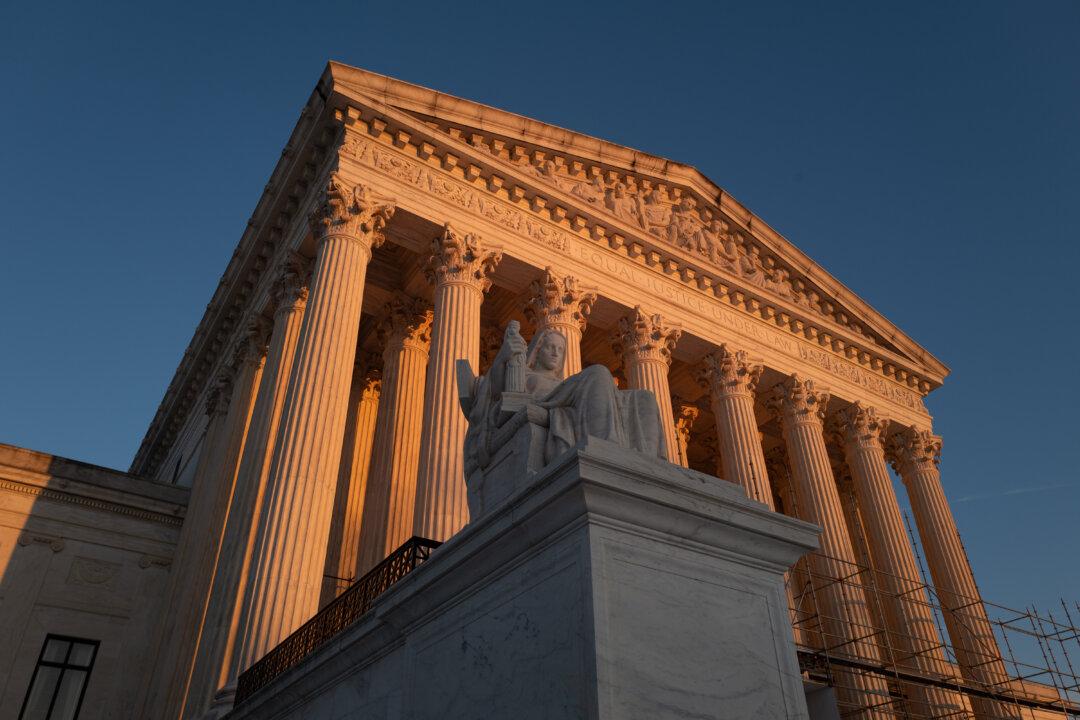The question of the constitutionality of impeaching judges has surged to the top of political conversation following a call by several officials to remove what they’ve termed “activist judges” from the bench.
Several of the Trump administration’s policies to reduce federal spending and downsize the government have been tied up in courts, where judges issued orders and rulings to block or slow the policies’ execution.





